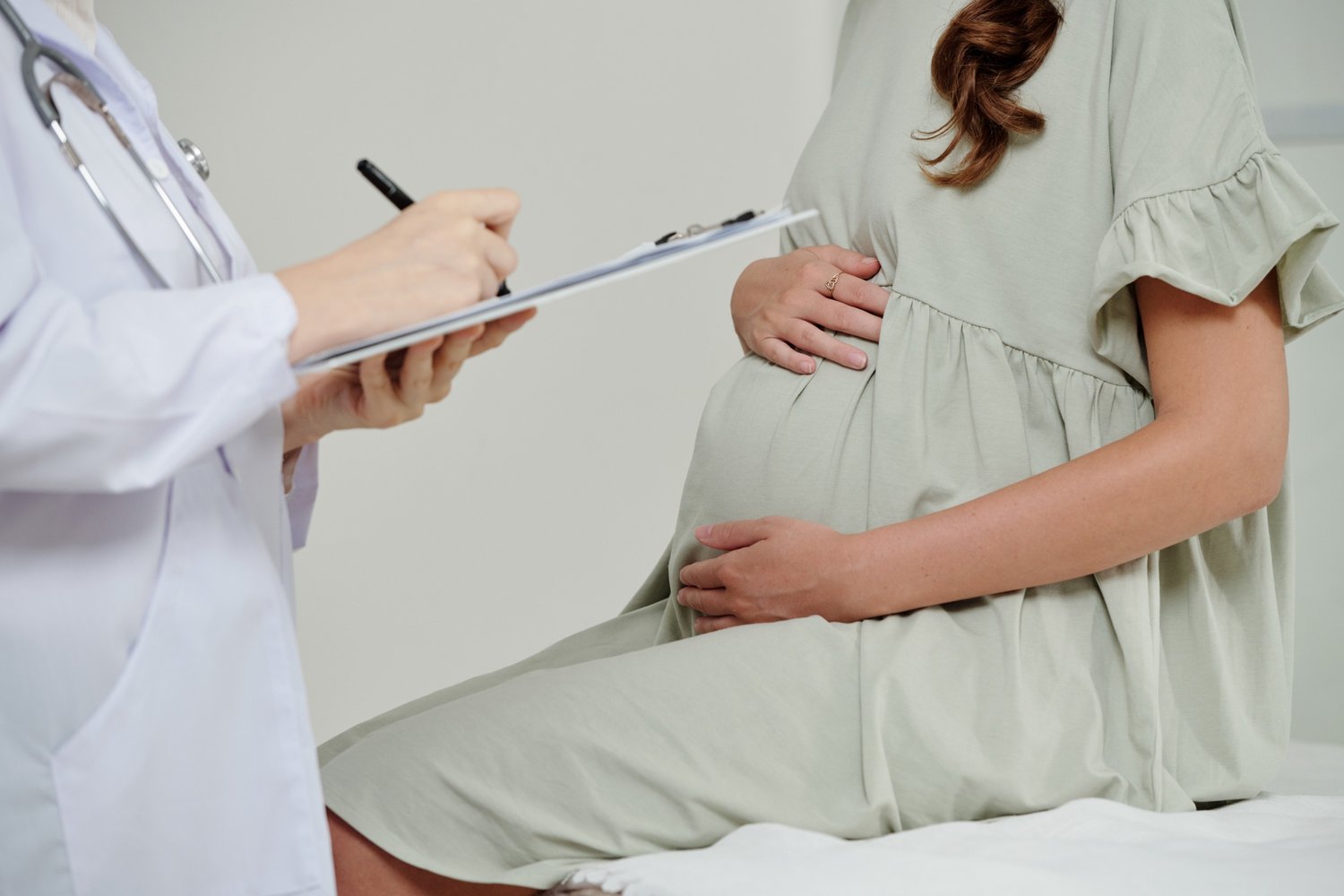Typically performed during the second trimester of your pregnancy, the test measures your body’s response to glucose and helps to identify possible cases of gestational diabetes, a form of diabetes that develops during pregnancy. Below, we take a closer look at what the test entails and how it is conducted.
How Does Glucose Testing Work?
Glucose testing is typically conducted between 24 and 28 weeks of pregnancy, although it may be conducted earlier if you are at a higher risk for gestational diabetes. Risk factors to gestational diabetes include having a BMI over 30, having limited physical activity or having already been diagnosed with the condition during an earlier pregnancy.
It’s worth noting that the vast majority of women diagnosed with gestational diabetes go on to have healthy deliveries and babies, but additional oversight will be required during the pregnancy because unmanaged gestational diabetes can increase the risk of issues in both the mother and child. Gestational diabetes has been linked to a higher risk of preeclampsia and an excessive birth weight in the child, which may lead to the need for a C-section delivery.
The test is very straightforward and simple. At your appointment prior to your gestational diabetes test, you will be given a small bottle that contains a sugary solution. You will finish the drink one hour before your scheduled appointment, and then a blood sample will be collected to determine your glucose level. You can eat a normal diet and do not need to fast prior to the test.
You will have passed the test if your results come back within an acceptable range. If you are just outside this range, it doesn’t necessarily mean that you have gestational diabetes, but your women’s care provider will want to perform additional testing. This means that you will return to the clinic at a future date to take the three-hour glucose test.
Three-Hour Test
If you need to take the three-hour test, you will be asked to fast for eight hours prior to your appointment. Once you arrive, a fasting blood level will be collected. You will then consume eight ounces of a glucose solution, and your blood sugar levels will be collected every hour for a three-hour period. This will give your provider a much more accurate understanding of how your body is responding to the glucose solution over time, and it will either confirm a gestational diabetes diagnosis or determine that you do not have the condition.
You will remain in an observation room during this time, so we always recommend that patients bring items that will help them pass the time. Books, computers or other devices can help keep you entertained while the three hour test is taking place.
If you are diagnosed with gestational diabetes, your provider will talk with you about how to manage the condition throughout the rest of your pregnancy. You will likely be asked to carefully monitor your diet to help with blood sugar control, get regular exercise and take insulin if needed to keep your glucose levels in the correct range. You will also be tested for diabetes after you deliver your baby.
If you have additional questions about gestational diabetes or the glucose test, please reach out to the team at MetroPartners OBGYN. Give our team a call today at (651) 770-3320.

